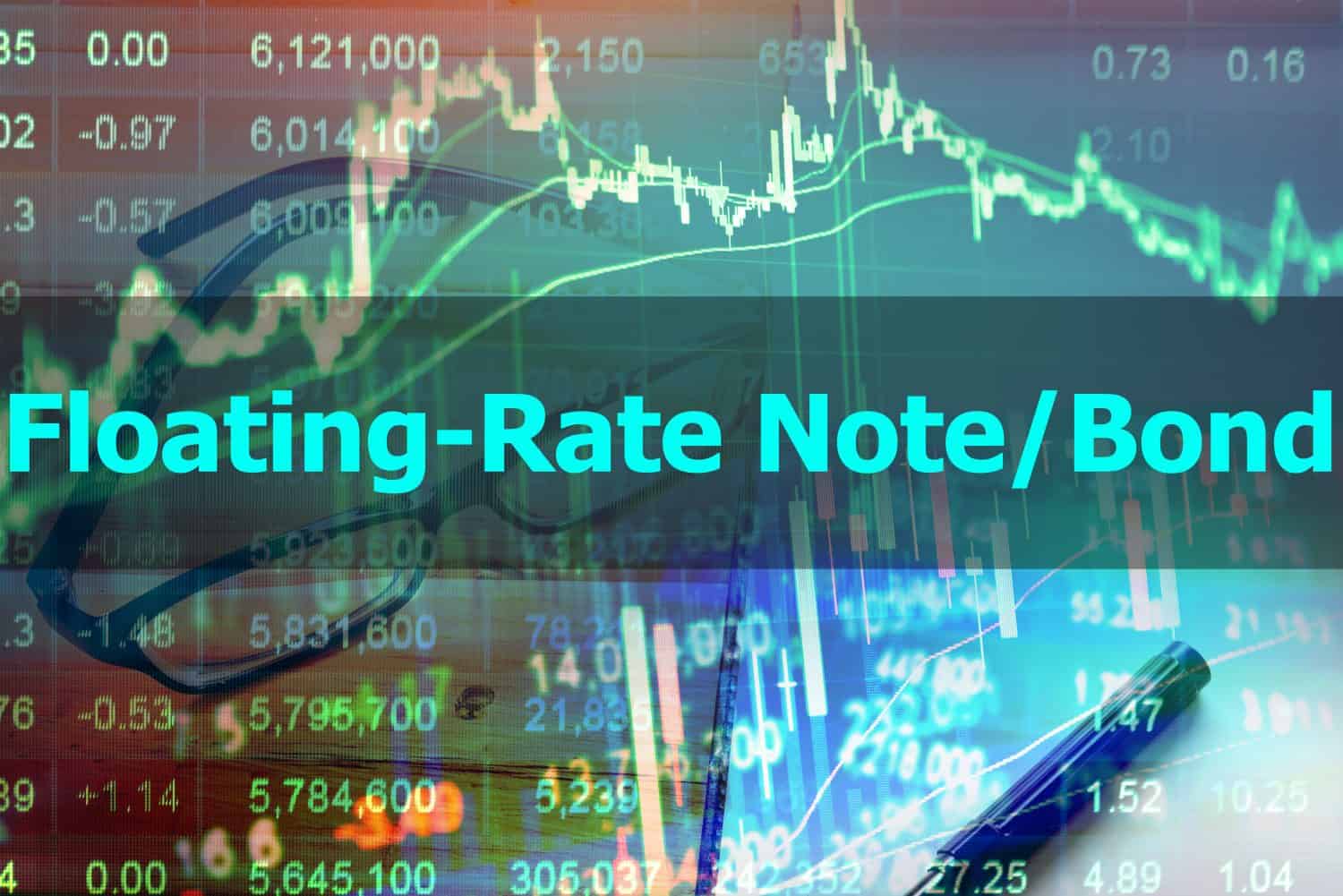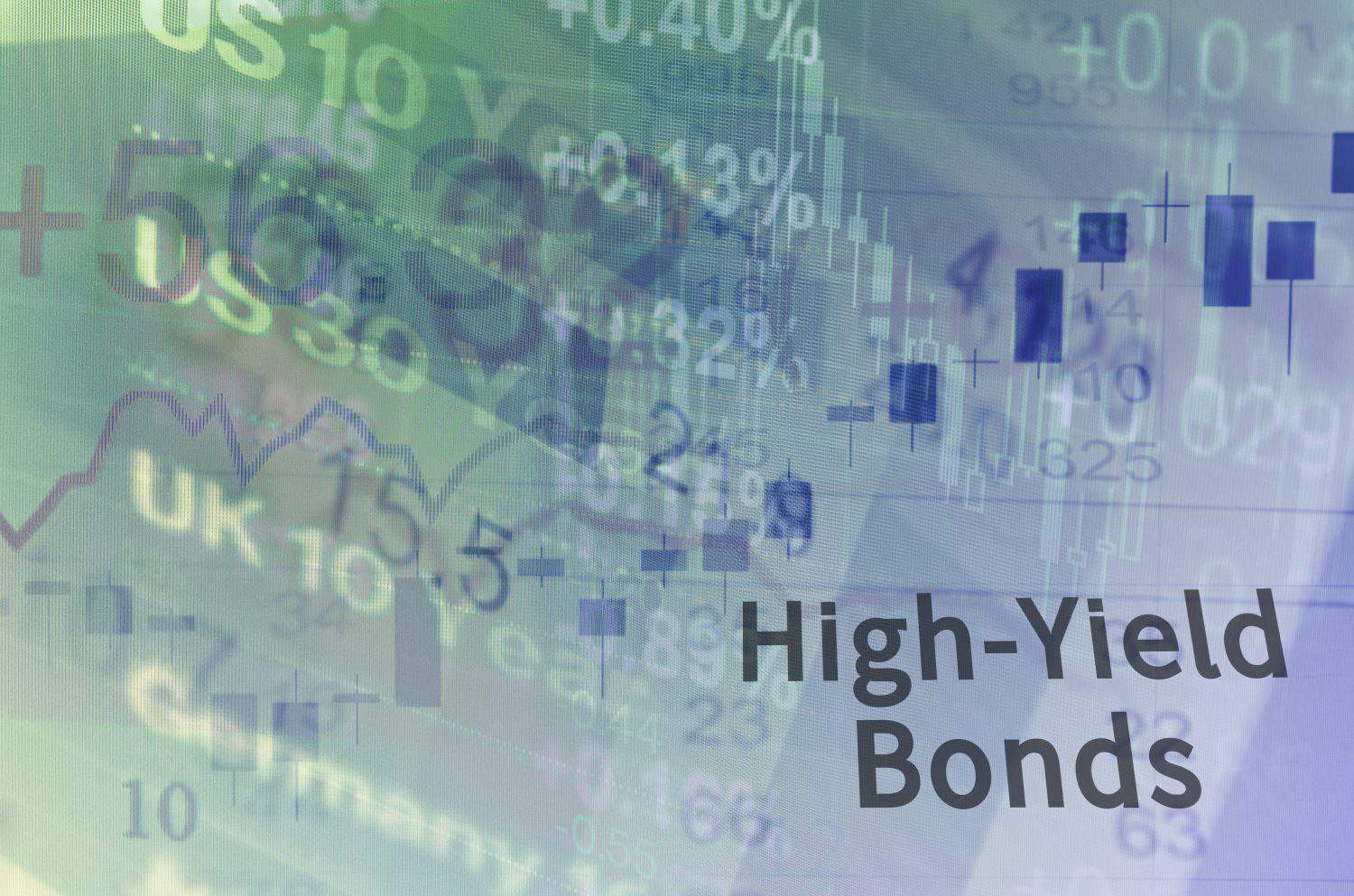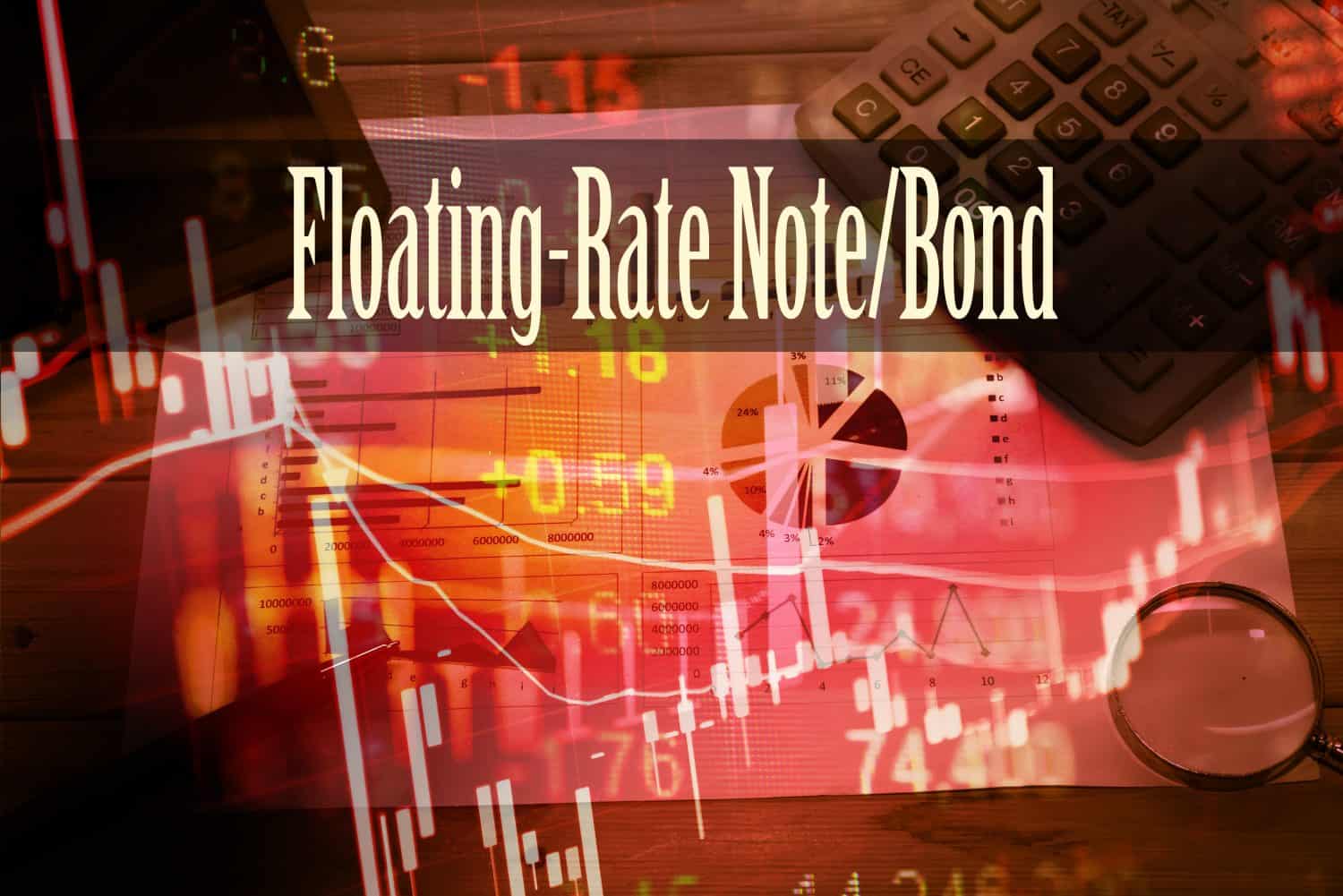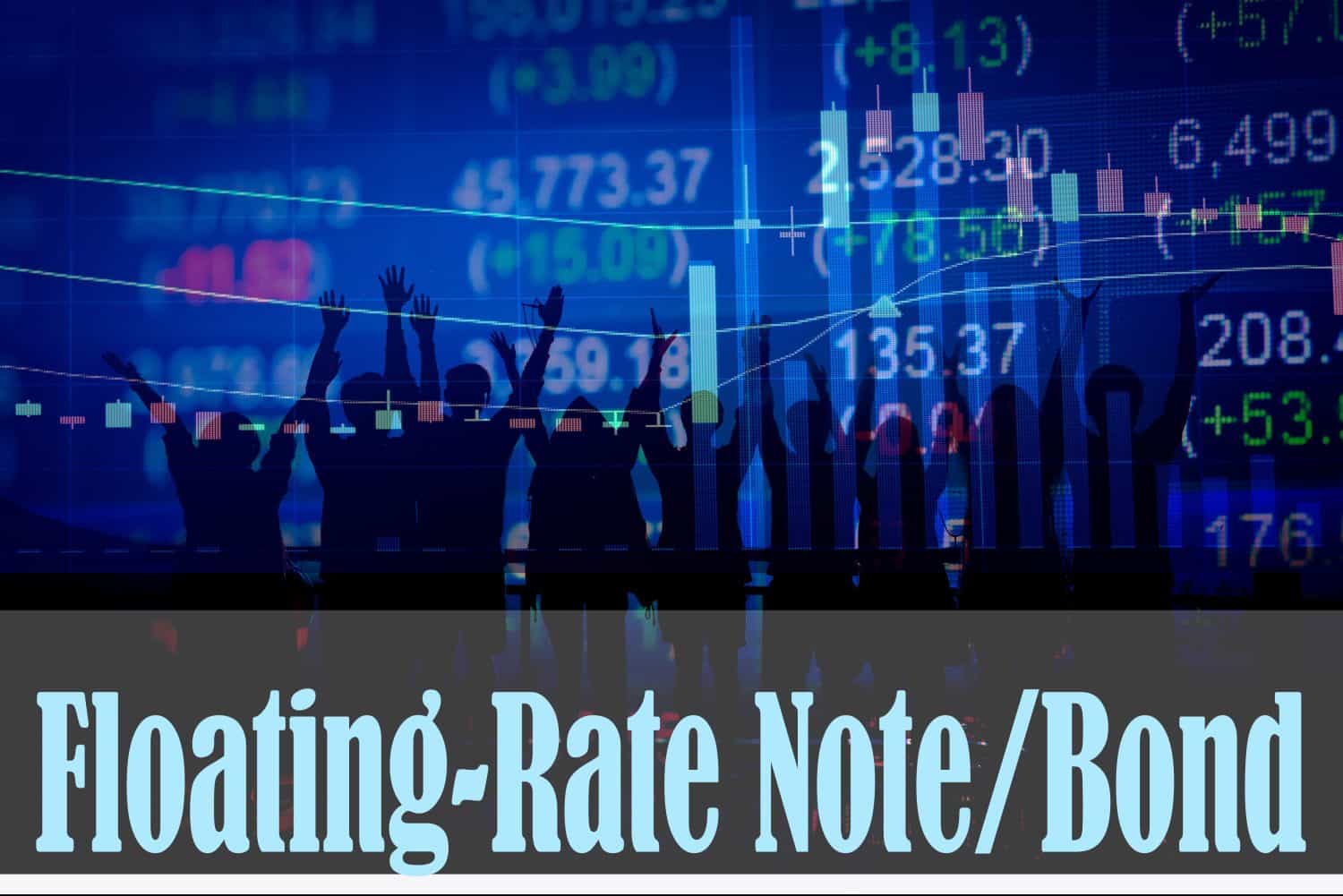Investing
These 10 Dividend Stocks Are Generating $520 In Dividend Income Every Month

Published:

According to MSN: “The Chicago Business Barometer, also known as the Chicago PMI, fell to 41.6 in October from 46.6 in the prior month. Economists polled by the Wall Street Journal had forecast a slight increase to a 46.8 reading.” Despite dubious inflation reversal statistics coming from Washington, the PMI numbers show increased business weakness and rising inflation for consumers.
24/7 Wall Street Insights

The US stock market is huge, and contains thousands of dividend stocks. Unlike other asset classes, dividend stocks offer prospective investors a wide range of risk tolerance, industrial sector, and yield ranges to suit one’s individual criteria. The T+1 liquidity and low cost of admission also allows for diversification to better manage risk.
A $5,000 investment in each stock in this proposed portfolio would generate $520.73 per month, which equates to a 12% APY, based on market prices at the time of this writing. The 12% yield would still apply, regardless of whether a larger or smaller amount than the $50,000 example is invested.

Stock: XAI Octagon Floating Rate & Alternative Income Trust (NYSE: XFLT)
Floating rate bonds make coupon payments which, instead of a fixed amount, have a basis point spread against a variable rate pegged to a particular interest rate benchmark, like, for example, LIBOR or the 10-year US Treasury Bond. Mechanically, this is akin to a floating rate mortgage.
Chicago, IL headquartered XAI Octagon Floating Rate & Alternative Income Trust Inc. is a company that manages a $759 million AUM portfolio of debt instruments majority weighted towards floating rate bonds or other debt structures. During periods of interest rate hikes,, as we have experienced in recent years, these payments have ballooned commensurately.

Stock: Rivernorth Opportunities Fund Inc Closed-Ended Fund (NYSE: RIV)
RiverNorth Opportunities Fund is a Chicago based closed-end fund that contains a mix of equities and fixed income securities.
The fund is managed by Chicago, IL based RiverNorth Capital Managers, LLC and ALPS Advisors, Inc. As of October, the fund was weighted 44% fixed income and bonds, 10% US equities, and 7% Non-US equities. Additionally, RIV has a 9% allocation in SPAC deals.
The top 4 sector weightings in the portfolio are: Municipals (22%), Investment Company Bonds (17%), US Stocks (10%), and Cash (10%).

Stock: Prospect Capital Corporation (NASDAQ: PSEC)
The Business Development Corporation (BDC) industry has exploded over the last two decades as lower and mid-tier private corporate financial needs went unserved by the large banking institutions. Founded in 2004, NYC headquartered Prospect Capital Corporation was one of the first public BDCs, and is currently one of the largest, with $7.9 billion AUM.
Prospect Capital’s sweet spot for investing is between $10 million and $500 million per transaction for a solo investment. Prospect will also do larger deals via syndication and/or agented basis. Qualifying North American prospect companies must have EBITDA between $5 million and $150 million, enterprise value between $5 million and $1 billion, and sales value between $25 million and $500 million. The company has financed $20.9 billion across 423 investment deals (with 303 exits) in two decades.
As a testament to its dividend consistency and reliability, Prospect Capital Corporation has unfailingly paid its monthly dividend for 87 consecutive months to date.

Stock: PennantPark Investment Corporation (NYSE: PNNT)
While BDCs predominantly engage in private debt, private equity firms invest for significant ownership stakes. PennantPark is a Miami headquartered Business Development Company (BDC) with an equities appetite that has it operate often as a private equity company, rather than, ironically, a public company. PennantPark engages in direct senior secured loans, mezzanine debt, and equity investments.
In general, PennantPark considers financings and investments of between $10 million and $100 million in companies with EBITDA of between $10 million and $50 million, but it can go up to $250 million.

Stock: Nuveen Floating Rate Income Fund (NYSE: JFR)
Asset manager Nuveen Investments is a wholly owned private subsidiary of the Teachers Insurance and Annuity Association of America (TIAA). However, it has spun off a number of funds that manage independent portfolios which have become both lucrative and large.
Nuveen has a significant footprint in the fixed income arena, unsurprising, given that annuities are a key mandate of its parent. Operating from its offices in Chicago, IL. The Nuveen Floating Rate Income Fund is a closed end bond fund which is focused on the US high yield debt market.

Stock: PIMCO Access Income Fund (NYSE: PAXS)
The PIMCO Access Income Fund is a closed end bond fund that leverages the resources of Newport Beach, CA headquartered Pacific Investment Management Co.’s fixed-income analysts to look at bond issues in a wide range of categories from around the globe. Corporate bonds, government and sovereign nation debt, asset-backed and mortgage-backed bonds, floating rate bonds, and even municipal bonds are all fair game if they are available at an attractive price and can deliver on the fund’s income requirements.
With $1.18 billion total AUM, the PIMCO Access Income Fund’s portfolio holds over 80% high-yield, or “junk” rated bonds below BBB- investment grade, as of October, 2024.

Stock: Advent Convertible and Income Fund (NYSE: AVK)
Convertible bonds carry an option for the holder to convert to common stock. Investors often will buy the convertible bonds to collect income while waiting for the company to announce significant earnings or for news events that will drive the stock price up, at which point, the investors would exercise the convert option and ride the stock price up.
Guggenheim Investments is a $231 billion asset management firm headquartered in New York City, and was founded by the wealthy Guggenheim family, best known for its landmark Upper East Side art museum designed by architect Frank Lloyd Wright. It presently has the Advent Convertible and Income Fund under its auspices. Advent was founded in 1995 by the former convertible bond department head of Merrill Lynch.
Advent Convertible and Income Fund allocates about 60% of its portfolio towards convertibles with the remainder in high-yield nonconvertible “junk” bonds.

Stock: Western Asset Diversified Income Fund (NYSE: WDI)
Western Asset Diversified Fund is a closed-end high-yield bond fund. Founded in 2020 by mutual fund goliath Franklin Templeton, it is managed by Western Asset under its NY Legg Mason subsidiary.
Unlike most traditional mutual funds, WDI has the flexibility to access private debt markets and fixed-income sectors usually unavailable to conventional funds if WDI analyzes strong fundamentals and undervalued prices.

Stock: BlackRock Floating Rate Income Strategies Fund, Inc. (NYSE: FRA)
New York headquartered BlackRock is the largest asset manager on the planet Earth, with a recently reported $10.5 trillion AUM. The BlackRock Floating Rate Income Strategies Fund, Inc. is BlackRock’s presence in the private and public credit, high-yield arena.
With $605 million AUM as of October, the BlackRock Floating Rate Income Strategies Fund’s portfolio holds roughly 58.6% of B rated securities, 26.5% rated BB, and 8.3% below B or unrated. The three largest issuer holdings are from Alliance Holdings Intermediate Llc (1.34%), HUSKY Injection Molding Systems (1.34%), and Dun & Bradstreet (1.30%).

Stock: First Trust Senior Floating Rate Income Fund II (NYSE: FCT)
The First Trust Senior Floating Rate Income Fund II is a closed-end mutual fund that invests a minimum of 80% of its portfolio in senior secured floating rate corporate loans. Based in Wheaton, IL, the $313.7 million AUM fund gauges its performance against the S&P/LSTA Leveraged Loan Index.
As of October 2024, 73% of the portfolio holdings were rated B, 15.98 were BB. Average maturity was 4.81 years. The top issuers being held in the portfolio were: 1) Camelot US Acquisition LLC – 2.41%, 2) HUB International, Ltd. – 2.35%, and Broadstreet Partners – 2.25%.
Retirement planning doesn’t have to feel overwhelming. The key is finding expert guidance—and SmartAsset’s simple quiz makes it easier than ever for you to connect with a vetted financial advisor.
Here’s how it works:
Why wait? Start building the retirement you’ve always dreamed of. Click here to get started today!
Thank you for reading! Have some feedback for us?
Contact the 24/7 Wall St. editorial team.